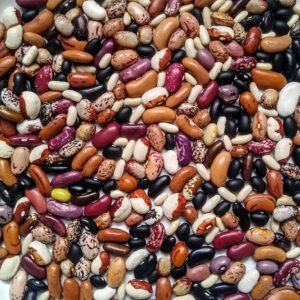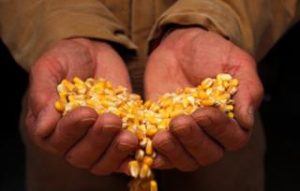
 A recent article in The Organic & Non-GMO Report shares the perspective of an Iowa farmer named Jason Wells who grows non-GE and some certified organic field crops. The article discusses the yield advantage he found with non-GE seed varieties, and touches briefly on the limited options farmers have in conventional and organic seed. The corn Wells grew was one of the best yielding varieties offered last year. This year, it’s not even available.
A recent article in The Organic & Non-GMO Report shares the perspective of an Iowa farmer named Jason Wells who grows non-GE and some certified organic field crops. The article discusses the yield advantage he found with non-GE seed varieties, and touches briefly on the limited options farmers have in conventional and organic seed. The corn Wells grew was one of the best yielding varieties offered last year. This year, it’s not even available.
“They took it out of their non-GMO lineup.” Wells says his experience is not uncommon. “It seems to me that more farmers are saying their non-GMO corn is performing as well or better than GM corn…The seed companies do not like that.”
The concentration of market power in a seed industry dominated by chemical and biotechnology interests has become a major risk to the development of organic seed systems and the ethical management of plant genetic resources. For farmers like Jason Wells, the consequence has been less choice in the marketplace, especially seed appropriate for organic farming systems and regional climatic needs.
Read more about concentration in the seed industry and what OSA is doing to confront the problem.
